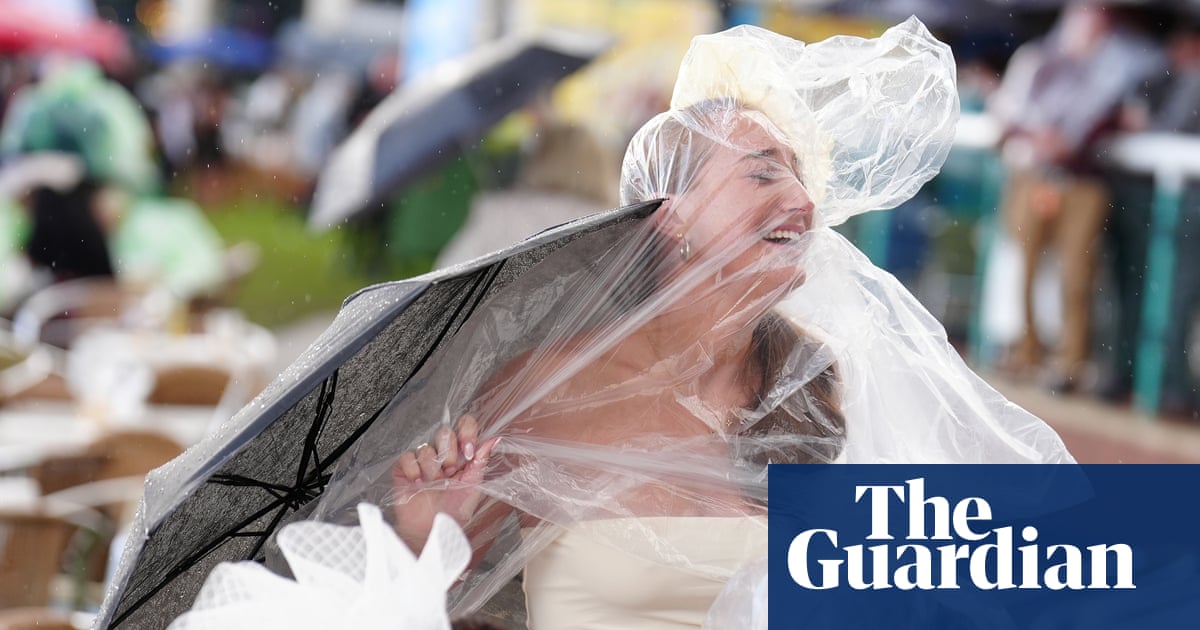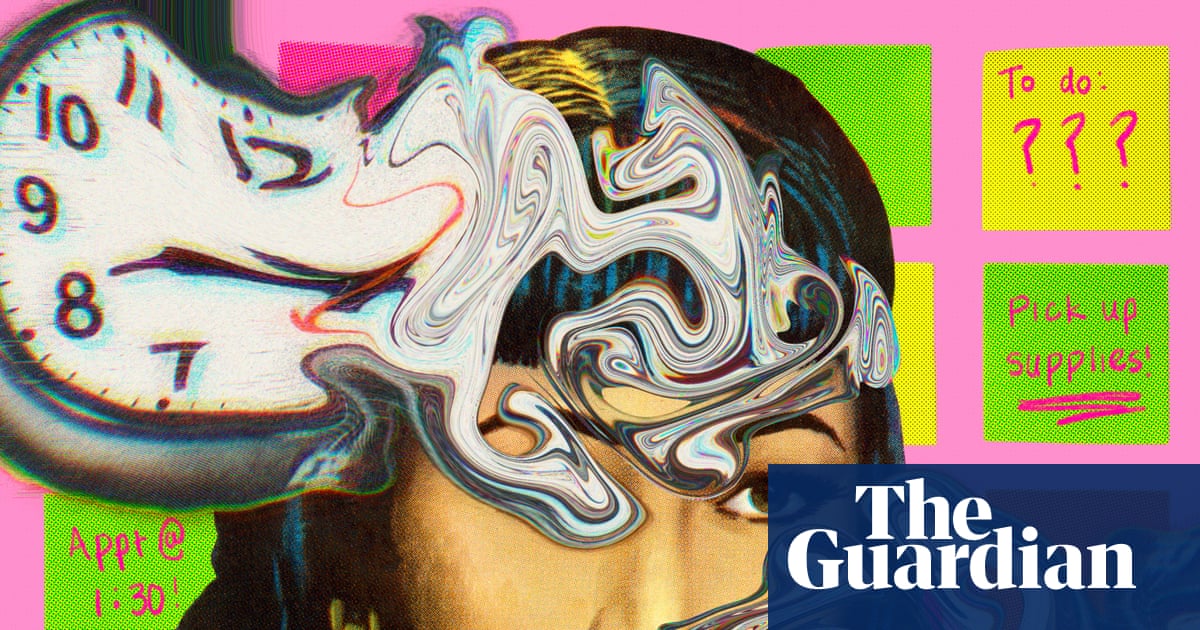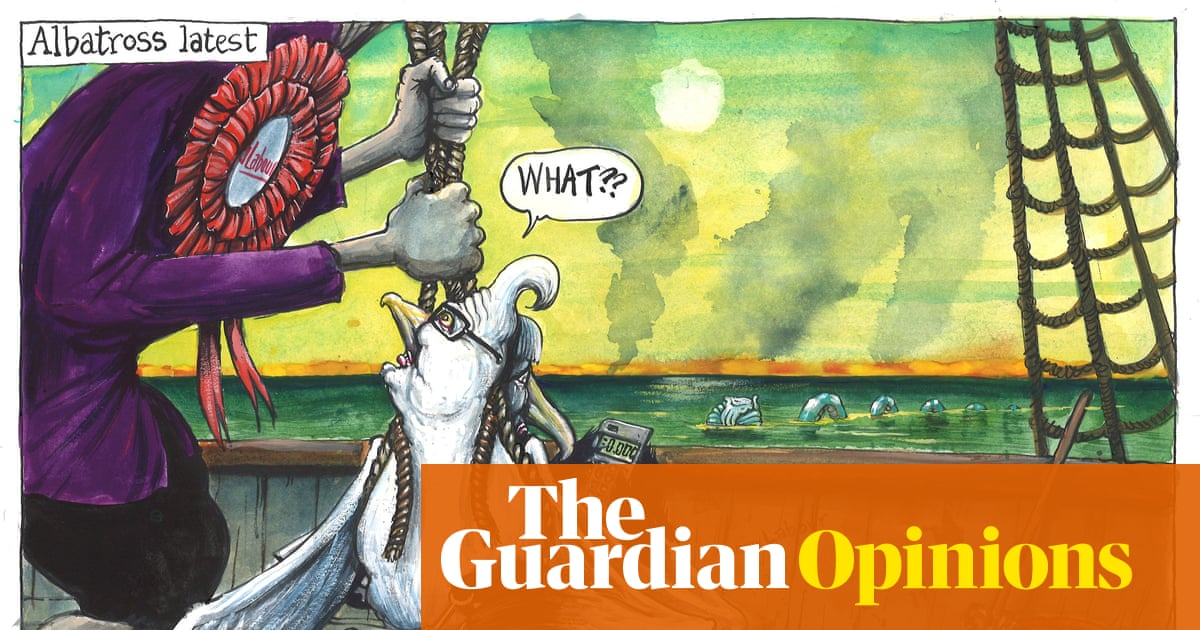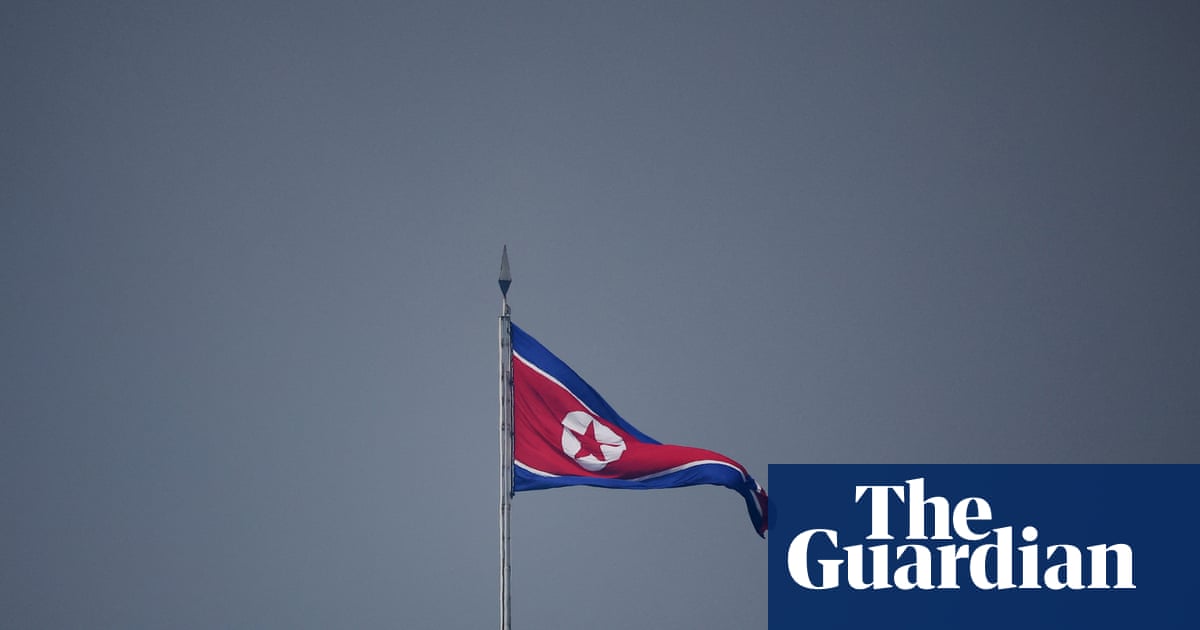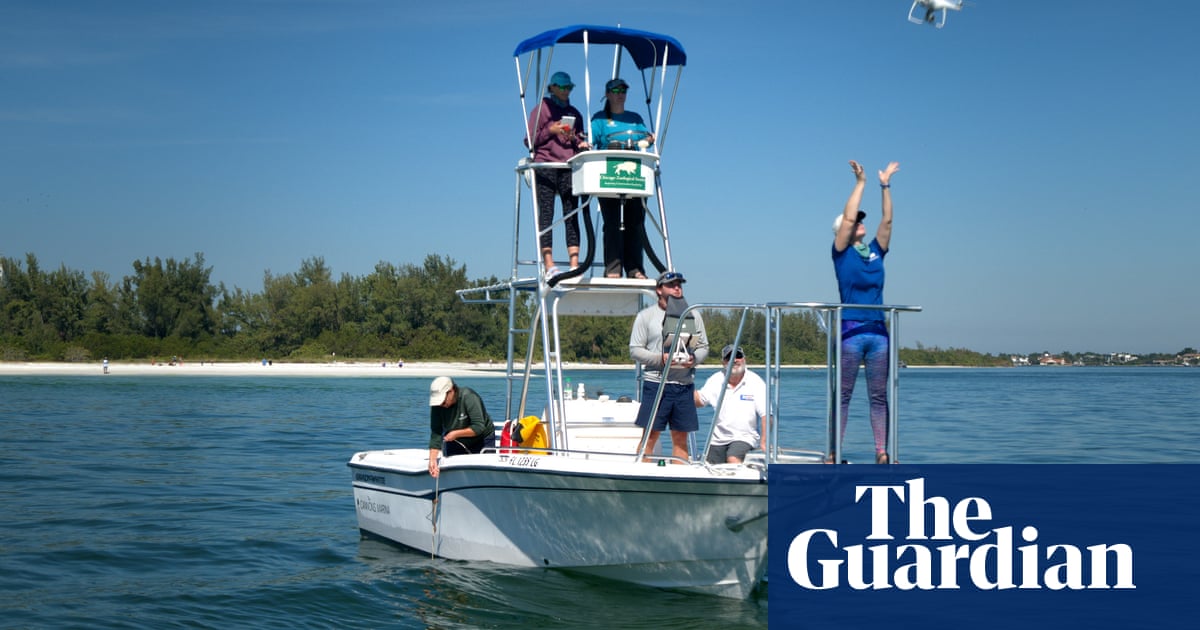It is, according to no less an authority than the romcom king Richard Curtis, destined to be “one of the greatest British films of all time”. But don’t let that put you off. For The Ballad of Wallis Island – the unlikely new tale of a socially awkward millionaire who inveigles two estranged former halves of a folk-singing duo into playing a private gig on his windswept private island – isn’t some floppy-haired Hugh Grant vehicle, but a reflection on our national character that is altogether more of its times.
It’s a lovely, melancholic comedy about the acceptance of failure, loss and the slow understanding that what’s gone is not coming back: an ode to rain and cardigans, lousy plumbing and worse puns, shot in Wales on a shoestring budget in a summer so unforgiving that a doctor was apparently required on set to check for hypothermia. Its main characters have not only all messed up at something – relationships, careers, managing money – but seem fairly capable of messing up again in future. Yet as a film it’s both gloriously funny and oddly comforting, taking a world where everything seems to be slowly coming adrift and making that feel so much more bearable.
There’s no such thing as a national character really, of course; or at least no set of indisputably British traits on which 68 million people could ever all agree. Yet there’s a clear pattern to how we like to see ourselves represented on screen – endearingly hopeless, perennially mortified, well-meaning but liable to be eaten alive by Americans – which is telling.
There was much flapping recently about polling showing only 41% of generation Z say they’re proud to be British, a steep decline on previous generations. But it remains unclear whether the issue here is gen Z, or the idea of Britain in which they have lately been expected to take pride. If Britishness didn’t seem quite so puffed-up and aggressive, so relentlessly focused on who is deemed not British enough; if it could simultaneously embrace a more self-deprecating, more tolerant, distinctly embarrassed sense of national identity, would that be one with which some people felt more comfortable?
For we are not, fundamentally, a “make Britain great again” kind of place. Even when our politicians deliberately try to evoke the Maga spirit, they do it (thankfully) badly: Britain’s answer to Elon Musk’s terrifying Doge (“department of government efficiency”), as launched this week by the Reform party, is headed by some tech dweeb you’ve never heard of whose role essentially boils down to poking round Kent county council looking for “waste”, before presumably discovering that he hasn’t really got the power to fire anyone.

With all due respect to Rachel Reeves’s mission to rebuild the nation, meanwhile, the most recognisably British part of her big speech on investing in infrastructure this week was that it revolved around regional buses. The pinnacle of our national ambitions is no longer to rule the waves but just to be able to get into Huddersfield a bit faster than previously, along a road with slightly fewer potholes, and it’s time to own that with pride: this is, goddammit, who we really are.
For this is the nation that made a copper-bottomed hit out of How to Fail, Elizabeth Day’s podcast in which guests cheerfully spill the beans on all the ways they have screwed up at life; a nation that can’t accept a compliment to save its life, and knows that if by accident you ever become good at something then you’d better make up for it fast by stressing just how bad you are at something else. (In this week’s published extracts from How Not to Be a Political Wife, a British title for a memoir if ever there was one, the demonstrably successful and well-connected Daily Mail columnist Sarah Vine returns again and again to the failure of her marriage and the impossibility of keeping up with high-powered friends: she’s been in the newspaper business long enough to know her readers would infinitely rather hear about the fall than the rise.)
We dwell with relish not just on our individual failings but on our glorious national defeats, memorialising all the football tournaments we ever lost on penalties and weaving heroic disasters – Scott dying in the Antarctic, the retreat from Dunkirk – into our national story. We are the country that turned “we’re shit, and we know we are” into a sporting anthem; that treats failure less as a necessary stage of innovation than as a steady state to be lived with, like the weather. Our tendency to assume things will go wrong certainly has its drawbacks – not least a tendency to regard unalloyed good news with crabby suspicion – but it perhaps makes us more philosophical when they do. Not so much a land of hope and glory, as one of perennial mild disappointment.
In the past, this unerring ability to puncture our own balloons might have been a healthy trait, a safeguard against a world power getting carried away by its own importance. Of late, the same Eeyorish diffidence feels more like a way of coming to terms with inevitable decline. But either way, tucked inside The Ballad of Wallis Island is the germ of a national story: struggling to tell other people how we really feel about them, in the rain, but still somehow finding reasons to be cheerful. If that’s not a version of Britishness we can all get behind, what is?
-
Gaby Hinsliff is a Guardian columnist

 3 months ago
75
3 months ago
75





